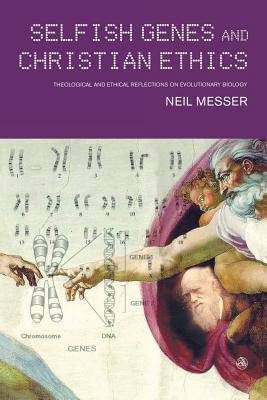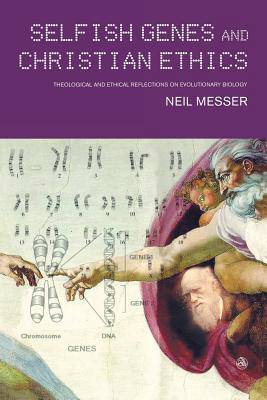
- Afhalen na 1 uur in een winkel met voorraad
- Gratis thuislevering in België vanaf € 30
- Ruim aanbod met 7 miljoen producten
- Afhalen na 1 uur in een winkel met voorraad
- Gratis thuislevering in België vanaf € 30
- Ruim aanbod met 7 miljoen producten
Zoeken
Selfish Genes and Christian Ethics
The Theological-Ethical Implications of Evolutionary Biology
Neil Messer
Paperback | Engels
€ 62,45
+ 124 punten
Omschrijving
The evolutionary origins of human beings, and in particular the origins of human morality, have always attracted debate and speculation, not just in the academic community but in popular science and the wider general population as well. The arguments and explanations put forward over the years seem to thoroughly catch the popular imagination, but there is the danger that these explanations tend to step outside the bounds of scientific theory and become powerful popular myths instead. In Neil Messer's "Selfish Genes and Christian Ethics", the author is challenging this tendency. Instead, he provides a Christian theological anthropology, which, among other things, aims to give Christians and the churches the confidence to engage with assumptions that evolutionary theory and religious beliefs are untenable. This is a valuable resource for anyone engaged in the study of theology, providing the reader with the ability to consider both the theoretical and the practical questions raised by evolutionary discussions of ethics and morality.
Specificaties
Betrokkenen
- Auteur(s):
- Uitgeverij:
Inhoud
- Aantal bladzijden:
- 290
- Taal:
- Engels
Eigenschappen
- Productcode (EAN):
- 9780334029960
- Verschijningsdatum:
- 30/03/2007
- Uitvoering:
- Paperback
- Formaat:
- Trade paperback (VS)
- Afmetingen:
- 165 mm x 234 mm
- Gewicht:
- 385 g

Alleen bij Standaard Boekhandel
+ 124 punten op je klantenkaart van Standaard Boekhandel
Beoordelingen
We publiceren alleen reviews die voldoen aan de voorwaarden voor reviews. Bekijk onze voorwaarden voor reviews.







